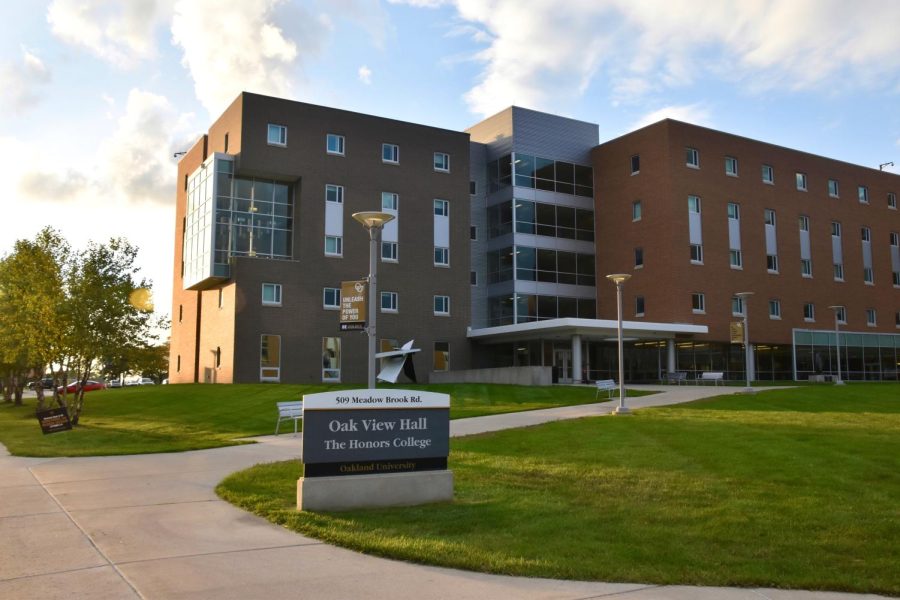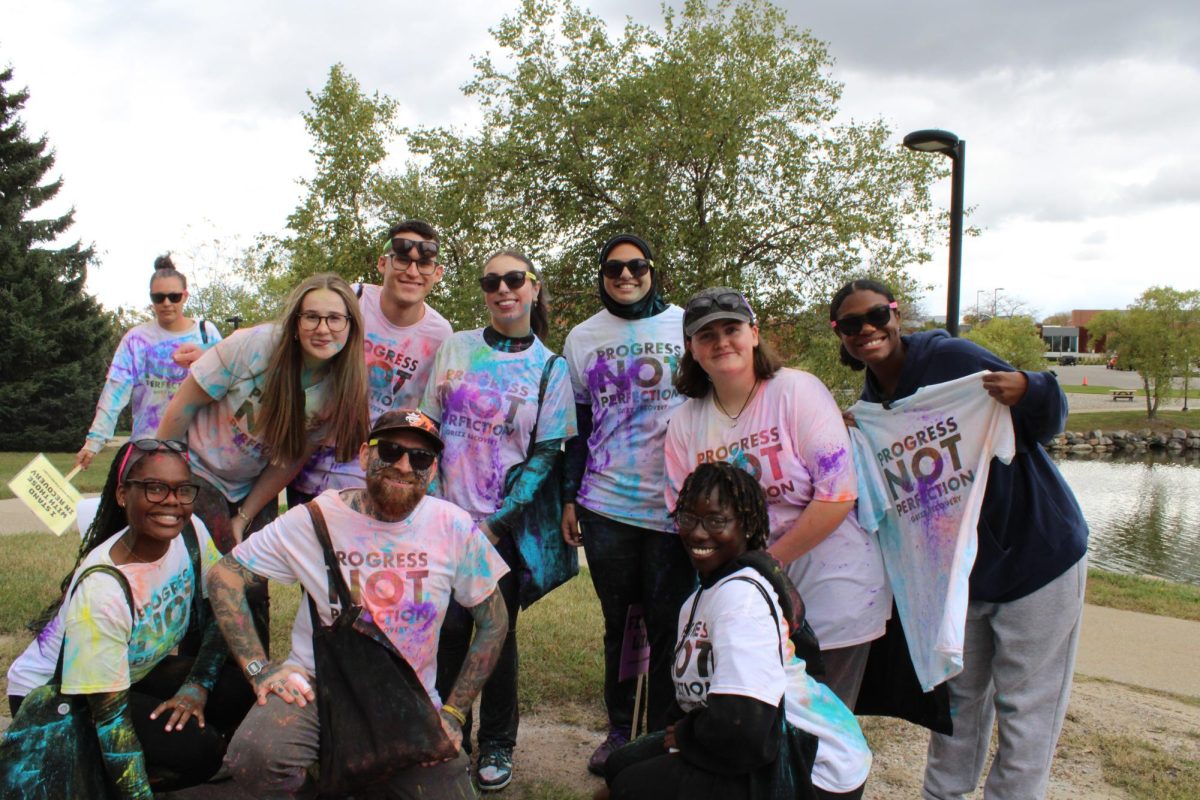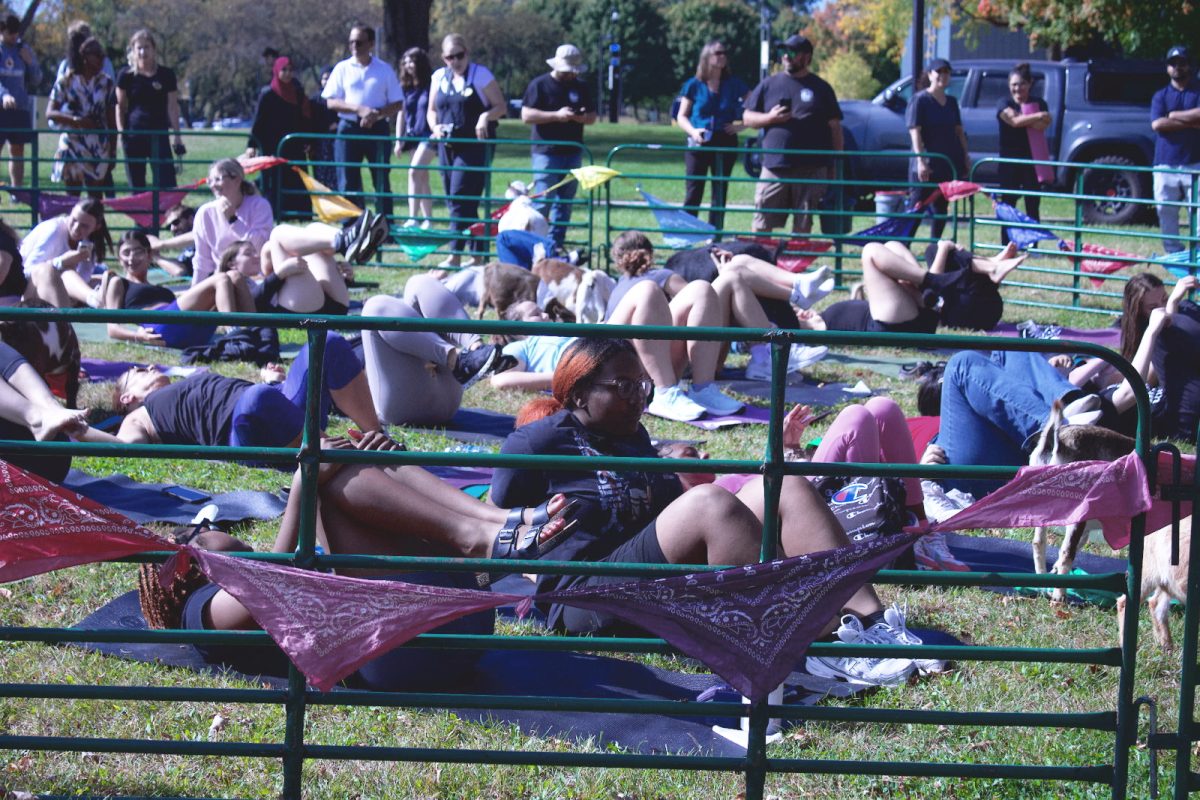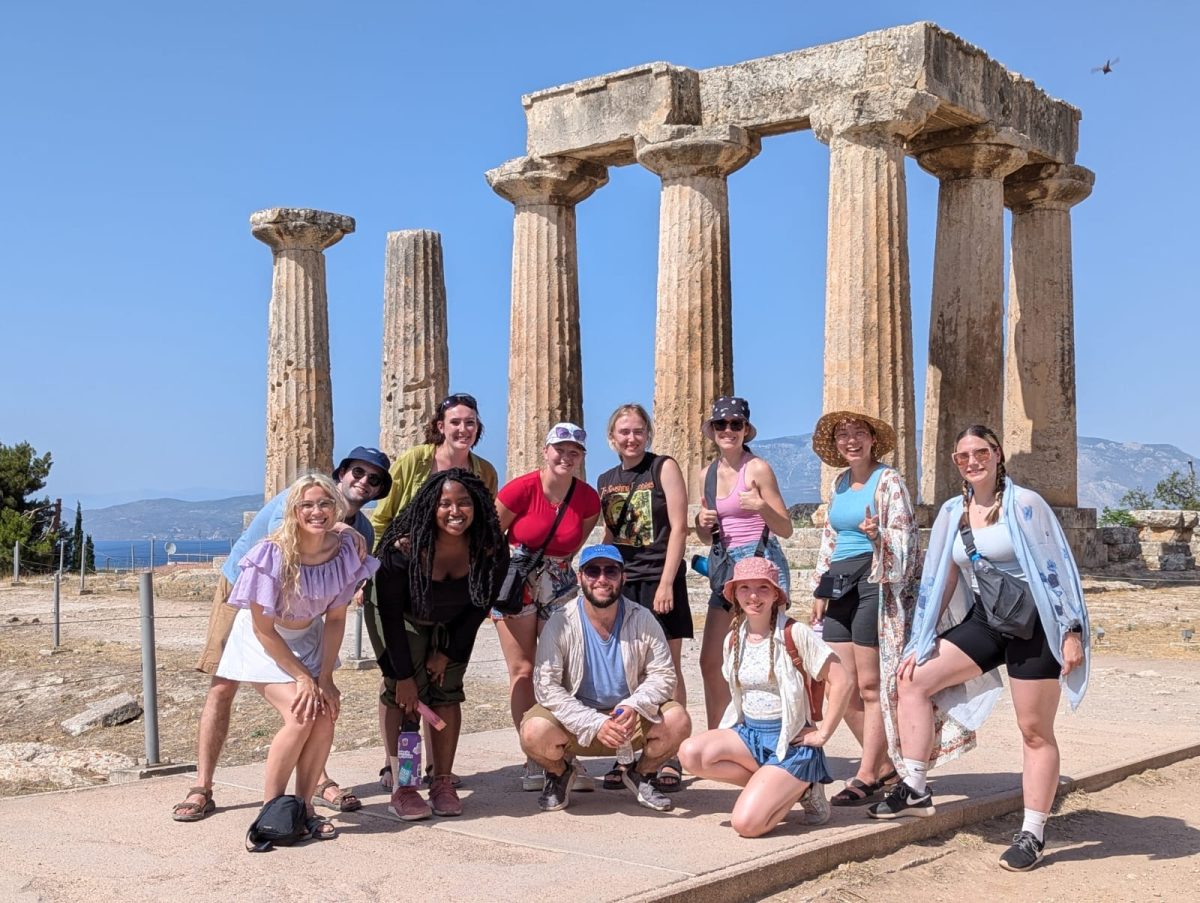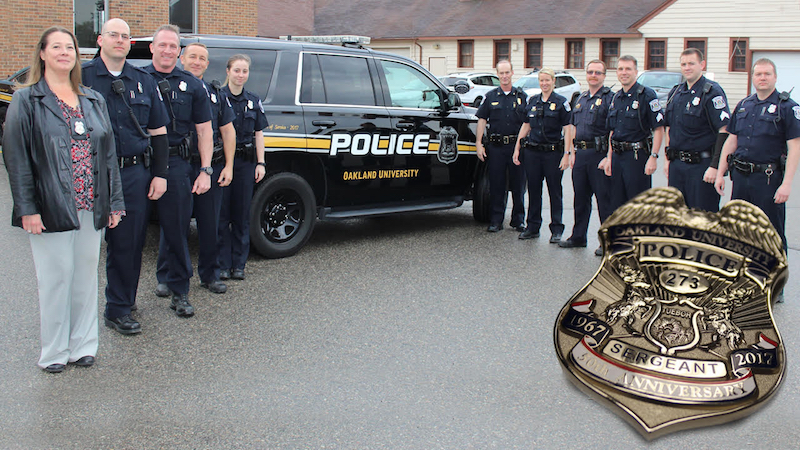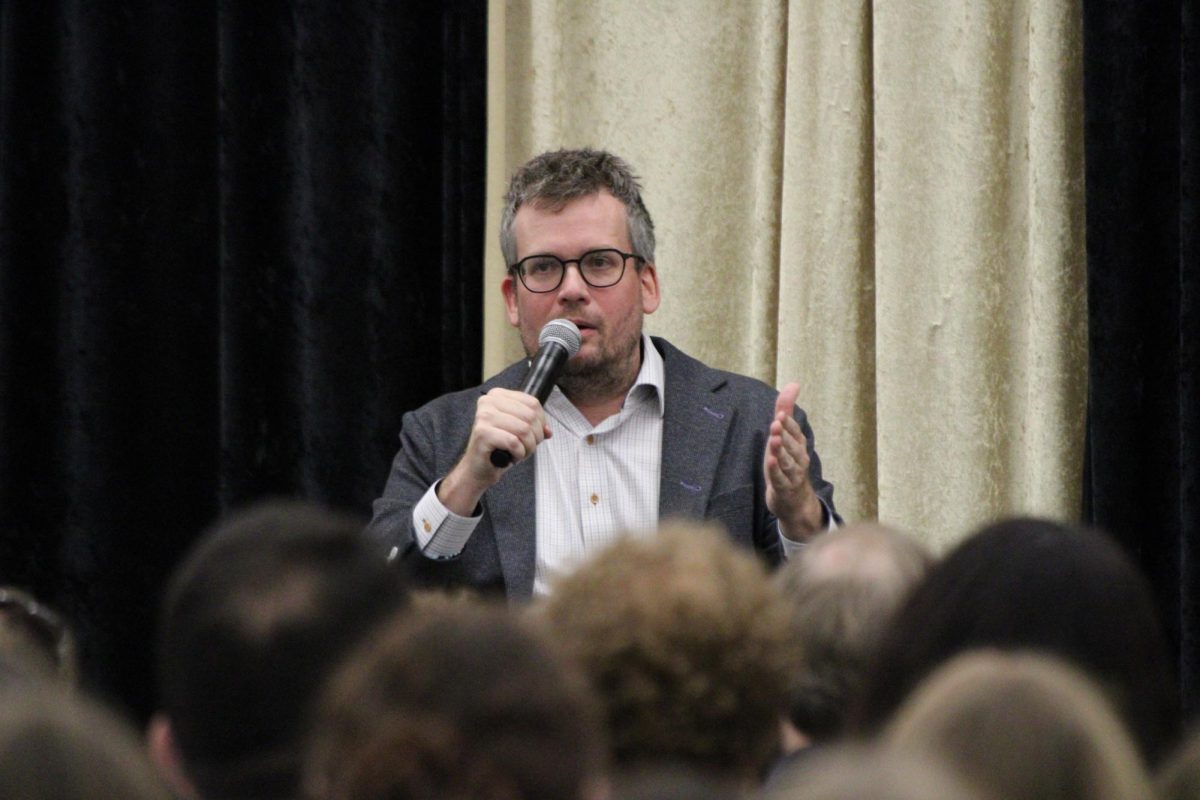An Oakland University Senate committee is currently in the process of reviewing and revising Oakland University’s general education program for the first time in approximately 20 years.
The General Education Program Revision Committee (GEPRC) began its research process in Fall 2023 following advice from the Higher Learning Commission (HLC) to update to a newer model.
Currently, OU’s general education program operates under a distributive model.
“Under the current general education program, students have to complete courses from several categories. They have [to take] a course in social science, a course in natural science and technology…there’s these checkboxes,” GEPRC Co-Chair Laila Guessous said. “A lot of universities in the country — actually, probably the majority — have moved away from that type of model.”
The committee has representatives from advising, the College of Arts and Sciences, every professional school on campus and more.
Guessous said that the committee is currently going on a “listening tour” across campus to gather information and feedback from various departments and units. In early March, the committee will meet with the Oakland University Student Congress.
“Our purpose here is to hear what kinds of skills, dispositions, background knowledge the various units want to see all of their students get out of general education, but also what all university students should get out of general education…identifying perhaps some gaps that we are seeing,” Guessous said.
Additionally, some committee members are attending the Institute on General Education, Pedagogy and Assessments through the American Association of Colleges and Universities to learn about alternative general education models.
The importance of updating the general education model, GEPRC Co-Chair Maria Paino said, is to ensure OU graduates have flexibility in their college and professional careers.
“We want to design a program and create a new general education curriculum that’s really useful for students. It’s modern, it’s updated, it’s going to provide them with skills that they’re going to take in all kinds of different jobs,” Paino said. “Right now, I think there’s a disconnect between the current general education curriculum and program and what students need in terms of the job market.
“We want to make sure that Oakland University students feel really confident in taking on lots of different types of jobs because a very large percentage of people don’t stay in fields that match their major,” Paino added.
“We’re hoping to end up with something that’s exciting, that’s engaging, that also offers students the opportunity to explore different areas and maybe take sequences of courses based on something they’re passionate about,” Guessous said. “It’s not about preparing you for a specific job, but rather providing students with skills and confidence in their own abilities to be adaptable and be able to keep learning throughout their throughout their life, because that’s the reality of it.”
However, changes are not expected to be made for at least another year and a half due to the magnitude of the project and the need to ensure that students experience a smooth transition.
“Our hope is that over the summer, we’ll have some proposals to bring forth to faculty to vote on and to tweak and to fine-tune, so I would expect at least another academic year after that before we could start piloting a program,” Paino said.
“We’ve been told by others that typically, general education reform takes somewhere between three and seven years. We really don’t want to do seven years,” Guessous said. “We really feel that this is a very important issue, very timely. We’re hoping to get through as quickly as we can, but also make sure that we’re not creating additional problems by rushing through, either.”
Soon, there will be surveys and focus groups conducted amongst the student population to gather feedback. However, students can contribute their opinions now by reaching out to either a committee member in their discipline, Paino at [email protected] or Guessous at [email protected].
“We want to hear the student side of it,” Guessous said. “We may have ideas, etc., but we’re not the ones taking the classes.”




